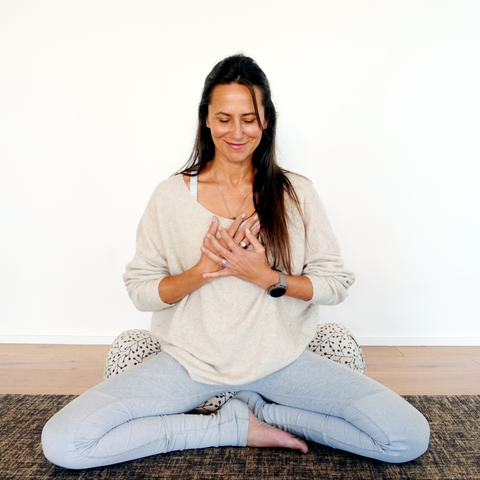Sleep is a vital process for the body and mind.
It plays a crucial role in physical health, mental health, and overall well-being. Understanding the stages of sleep and how to promote better sleep can significantly enhance the quality of one's life.
The Stages of Sleep
There are five stages of sleep, and each has its unique physiological characteristics:
NREM Stage 1: This is a brief transitional phase, usually lasting several minutes, marking the change from wakefulness to sleep. During this stage, the heartbeat, breathing, and eye movements slow down, and muscles relax.
NREM Stage 2: This is a period of light sleep before entering deeper sleep stages. The heartbeat and breathing become even slower, temperatures drop, and the muscles relax further. Eye movements cease, and brain waves become slower, with occasional bursts of rapid brain waves called sleep spindles.

NREM Stages 3 & 4 (Deep Sleep): These stages are considered restorative sleep. During deep sleep, the body repairs and regrows tissues, builds bone and muscle, and strengthens the immune system. Breathing becomes slower, the muscles are relaxed, and there is no eye movement. Brain activity is characterized by slow delta waves.
REM Sleep: About 90 minutes after falling asleep, one enters the REM (Rapid Eye Movement) stage. REM sleep is associated with vivid dreams. In this phase, the eyes move rapidly from side to side, heart rate and blood pressure increase, and brain activity becomes closer to that seen in wakefulness. REM sleep plays a vital role in brain function, assisting with learning, memory, and mood regulation.
Natural Remedies and Ideas for a Good Night's Sleep
Promoting restful sleep is vital for overall health. Here are some natural remedies and ideas to consider:
Establish a Routine: Going to bed and waking up at the same time every day helps regulate your body's internal clock.
Create a Sleep-Friendly Environment: Ensure your bedroom is dark, quiet, and cool. Consider using blackout curtains, earplugs, or a white noise machine.
Limit Exposure to Screens: The blue light emitted by phones, tablets, and computers can interfere with melatonin production, a hormone responsible for sleep. Try to avoid screens for at least an hour before bed.
Herbal Teas: Chamomile, valerian root, and lavender are renowned for their calming effects and can aid in promoting sleep.
Aromatherapy: Essential oils such as lavender, bergamot, and cedarwood can have calming and sedative effects when diffused in the bedroom.

Visit Addition Studio's Collection Of Relaxing Incenses & Oils
Mindfulness and Meditation: Techniques such as deep breathing, progressive muscle relaxation, and meditation can help clear your mind and prepare your body for sleep.

Check out our Mediations in the Wellness Centre
Warm Bath: Taking a warm bath before bedtime can help relax muscles and produce a sense of calm, making it easier to fall asleep.
Limit Caffeine and Alcohol: Avoid consuming these particularly in the hours leading up to bedtime, as they can interfere with the sleep cycle.
Physical Activity: Regular physical activity can help regulate the body's sleep-wake cycle. However, try not to exercise too close to bedtime, as it might energise you.
Dietary Considerations: Consuming magnesium-rich foods like almonds, spinach, and bananas can promote muscle relaxation and sleep. Also, tryptophan, an amino acid found in turkey, can increase serotonin levels, which can lead to better sleep.
Sleep is a complex physiological process with multiple stages, each serving a unique purpose. While modern life can sometimes disrupt our natural sleep patterns, embracing a combination of the above remedies and ideas can significantly improve sleep quality and overall well-being. Remember, good sleep isn't a luxury; it's a necessity.

